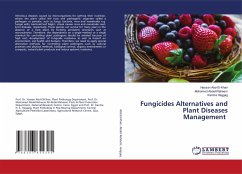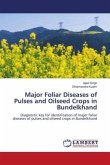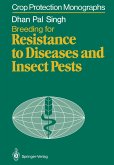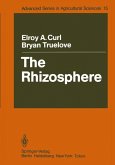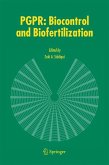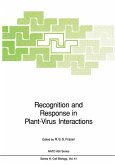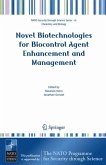Infectious diseases caused by microorganisms for getting their nutrition, where the plant called the host and pathogenic organism called a pathogen or parasite, such as fungi, bacteria, virus and nematodes e.g. fungal wilts, bacterial leaf blight, streak mosaic virus and nematode root-knot diseases, respectively. These species can survive for many years in the absence of a host plant by forming persistent structures such as microsclerotia. Therefore, the dependence on a single method or a single chemical for controlling plant pathogens should be avoided because of high cost; development of fungicide resistance as well as hazard on environment, soil health and humans. Therefore, we need to apply several alternative methods for controlling plant pathogens such as cultural practices and physical methods, biological control, organic amendments or composts, natural plant products and induce systemic resistance.

